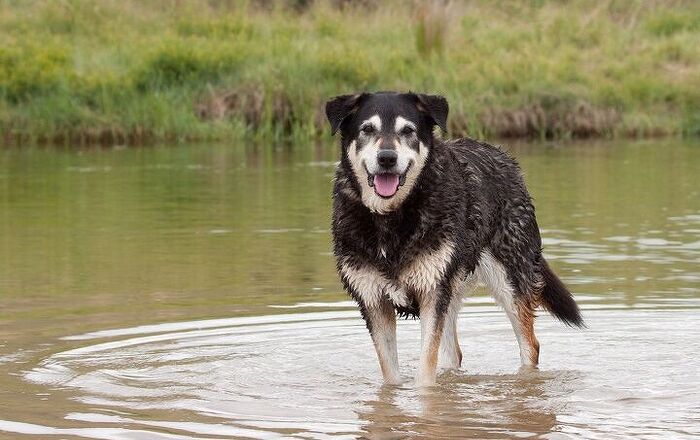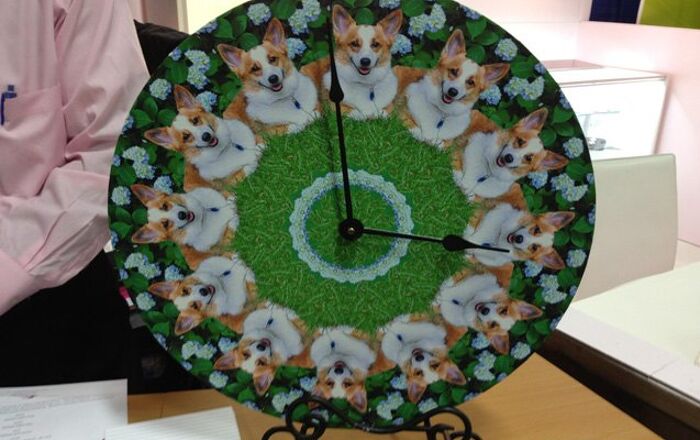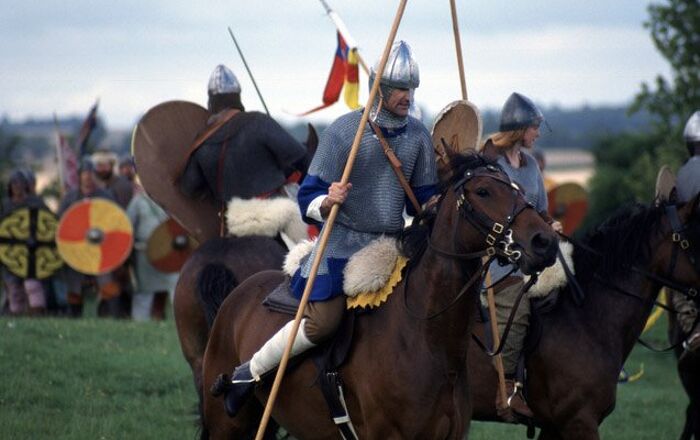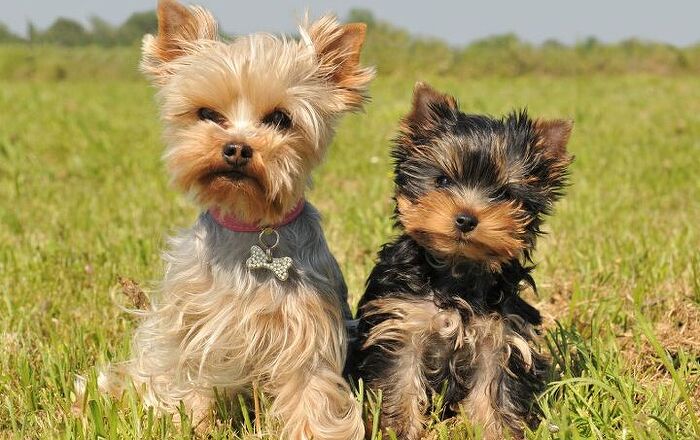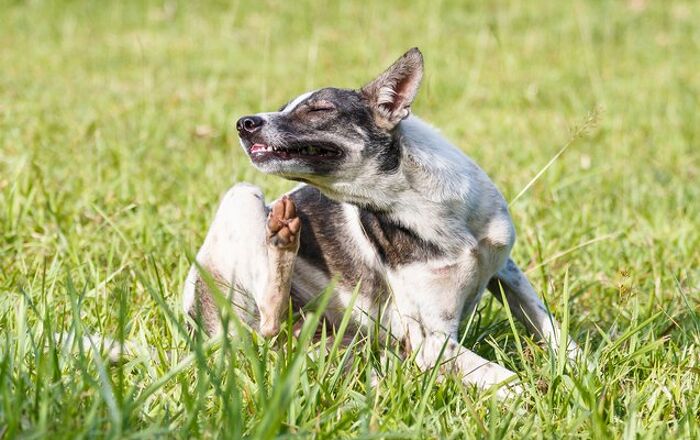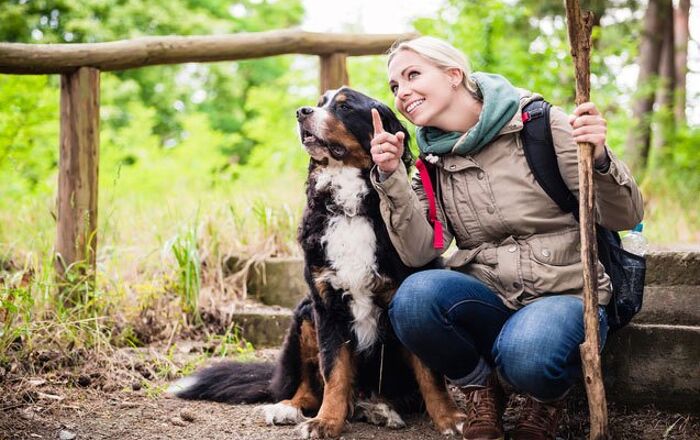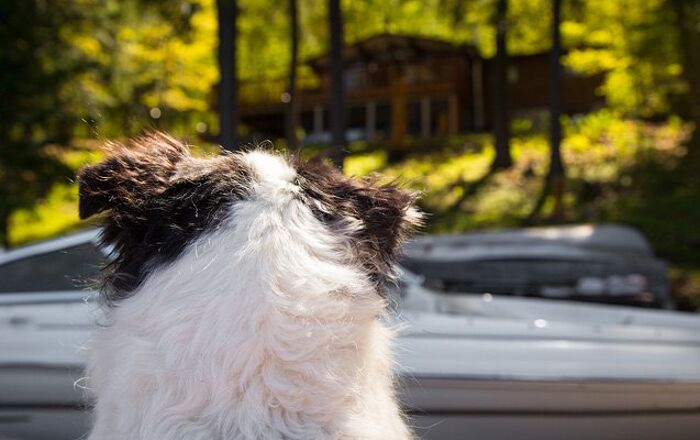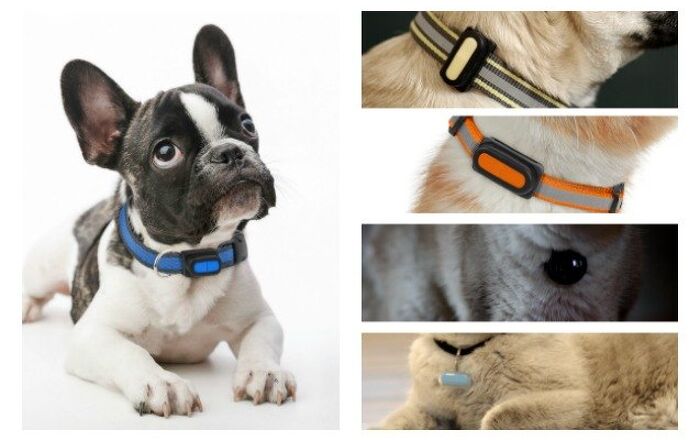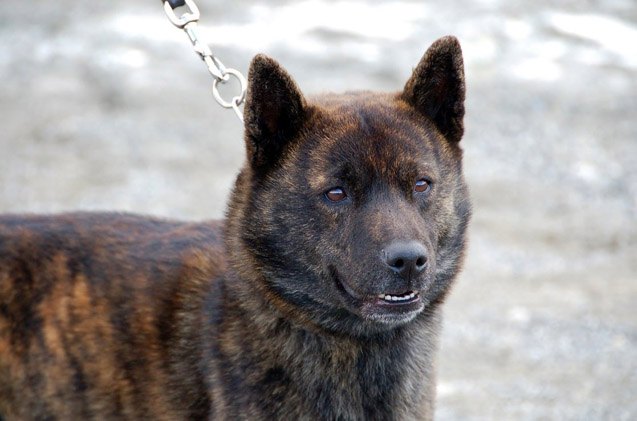
Kai Ken Basics
If you picture a small dog with a dark coat, pointed ears and a fluffy tail, you have the image of a Kai Ken. These dogs hail from Japan where, even in their native land, they are still considered fairly rare. What makes these dogs unique is the tiger-like stripes that adorn their coats in various shades.
There are two variations of the Kai Ken – the shishi-inu-gata type and the shika-inu-gata type. The former is known for its stockier body and bear-like face. The later was famed for deer hunting and is known for its longer, thinner body and foxlike face. Today, the Japanese do not distinguish between the two types as both played a significant role in the development of the breed.
If you picture a small dog with a dark coat, pointed ears and a fluffy tail, you have the image of a Kai Ken.
Origin
The modern Kai Ken is descendant from ancient Japanese dogs that lived in the mountain province of Kai. Due to the geographical isolation of this province, it is believed that the Kai Ken might be the purest of all Japanese dog breeds. Traditional Japanese writings identify the dog as a natural hunter, the master of its domain – the breed has been known to go to extremes in hunting game, going so far as to swim or even climb trees.
The Kai Ken was recognized by the Japanese Kennel Club in 1934 and was first brought to the United States during the 1950s by service men in the military. It is unknown whether any of these original dogs survived but, during the 1990s, a young male and several female puppies were brought to the States – these dogs are the foundation stock of the modern American-bred Kai Ken.
Pedigree
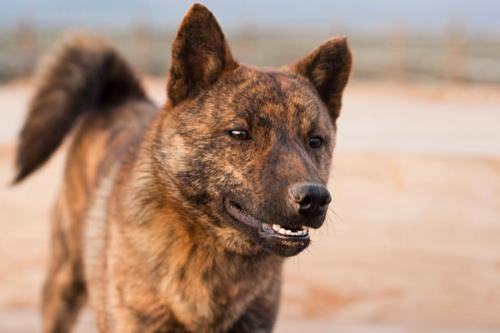
The Kai Ken is an ancient Japanese breed and may very well be the purest dog breed in Japan.
Food/Diet
Given that the Kai Ken is a naturally active breed, you should consider providing him with a dog food formulated for active dogs.
These dogs are highly intelligent and respond very well to training, especially if it is started at an early age.
Training
Originally bred to hunt boar and deer, the Kai Ken makes a great hunting dog. These dogs are highly intelligent and respond very well to training, especially if it is started at an early age. This breed learns very quickly so, if you provide firm and consistent training you may be amazed at how much this dog can learn and retain. The Kai Ken is not as independent or strong-willed as some highly intelligent breeds – they have a natural desire to please their human companions.
Weight
The average weight for this breed at maturity is between 30 and 50 pounds.
Temperament/Behavior
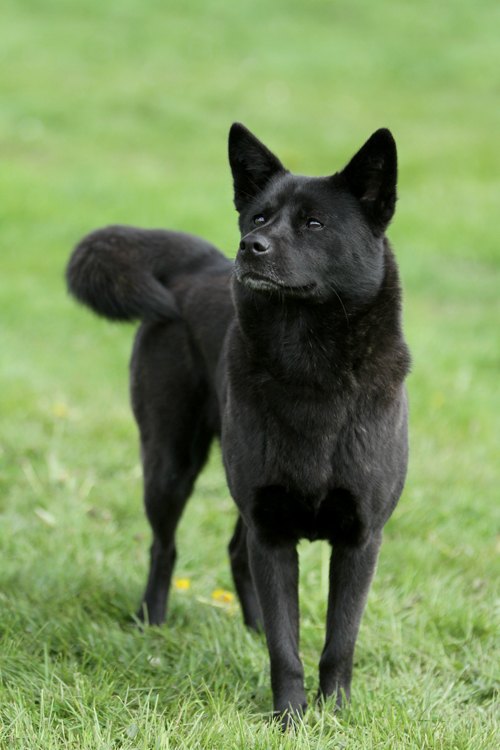
An intelligent and active breed, the Kai Ken is also known for its friendly demeanor. This breed loves to be with its family and forms very close bonds with its human companions. They tend to get along well with children and typically are not aggressive toward other dogs. Given that the Kai is a hunting breed, it is best to introduce him to other pets early but he should have no trouble getting along. Kai dogs do tend to be reserved around strangers and they make very good watchdogs, likely to sound the alarm whenever necessary. Whether you train him for hunting or not, the Kai Ken makes a great family pet.
Common Health Problems
Given the genetic purity of the breed, the Kai Ken is not known to have many congenital health problems. Like all dogs, however, the breed is prone to several minor health issues.
Life Expectancy
The average lifespan of the Kai Ken breed is between 14 and 16 years.
Exercise Requirements
As a hunting breed, the Kai Ken is fairly active but the breed only has moderate needs for exercise. You will not need to take your dog out for hours every day – a long 30-minute walk or a brisk jog will be adequate. This breed is adaptable to apartment life and can get along without a yard as long as its daily exercise needs are met. Because this breed is so intelligent, it requires frequent mental exercise as well as physical exercise – plan to engage your dog in games often and consider agility training to keep him sharp and active.
An intelligent and active breed, the Kai Ken is also known for its friendly demeanor.
AKC
The Kai Ken has yet to be officially recognized by the AKC. Currently, the breed is in the Foundation Stock Service Program – once the number of registered Kai Ken dogs in the U.S. reaches 150, the breed will be fully accepted by the AKC.
Coat
The Kai Ken has a harsh, medium-length coat with a furred tail that is carried over the back. Most specimens of the breed have a dark coat with various shades of brindle markings. Dogs with primarily black coloring are called Kuro-tora while red Kai Kens are called Aka-tora – the Chu-tora is somewhere in the middle. The Kai Ken is a very clean dog by nature so you won’t have to worry about odor or frequent bathing. The breed’s coat is easy to maintain, requiring only regular brushing to help control shedding.
Puppies
As puppies, Kai Kens are born with solid-colored coats but their brindle (tiger-stripe) markings develop over time. In some cases, it may take a full five years before the markings appear.
Photo credit: Maxcorp/Deviantart; SaNNaS/Deviantart; 25 Media/Tumblr


